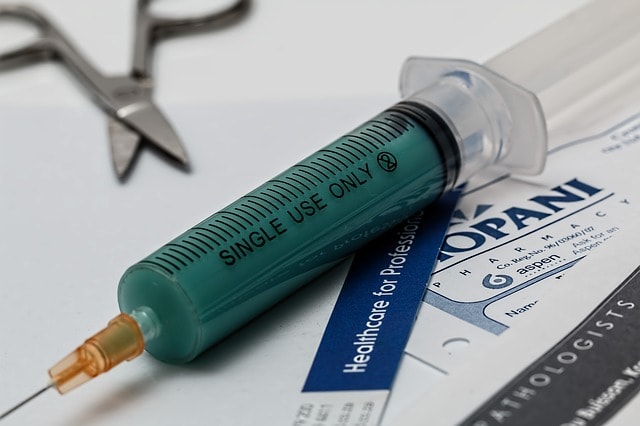A Pap smear or Pap test is a screening procedure used to check women for the presence of cancerous or precancerous cells on their cervix, the uterus opening. If cervical cancer is detected early, it can be cured.
The Pap test or Pap Smear Procedure
The procedure can be quick, but slightly uncomfortable, and it’s usually carried out during pelvic examination.
When getting it done, you will be asked to lie on an examination table during the procedure with your feet in stirrups for support and your legs spread. Your doctor will then insert a speculum device slowly into your vagina in order to keep the walls open and get easy access to your cervix. A small brush and plastic spatula will be used after that to scrape small or tiny cell samples from your vagina or cervix. Most females feel a bit of irritation and push during this brief scraping.
Once the sample of cells is collected from your cervix, they will be preserved and placed inside a solution that is then sent to a laboratory. The test will be used to check for any changes in the vagina and cervix that shows cancer or any conditions which might develop into cancer.
You may feel a slight discomfort or cramping after the test is done. You could experience light vaginal bleeding right after the test as well. Your doctor should be contacted if bleeding or discomfort continues the day after the testing.
The Pap Test Results
Generally it takes around one week for the test results to be given. If you don’t hear from your doctor within three weeks, you can call to check if the results are in.
If your Pap test is normal, it means the cells from your cervix have a normal look. On the other hand, an abnormal Pap test will show abnormal looking cells. In some instances, the Pap tests have to be repeated. Aside from that, you might have to do different tests, such as a colposcopy. A special microscope is used in a colposcopy test to examine the vagina and cervix.
There are times when indications of infection are shown in Pap tests, but they cannot be relied upon if you want to screen for Sexually Transmitted Diseases (STDs). Some other tests will be necessary to detect an STD. You could do several things to ensure that your Pap test is as accurate as it possibly can be. These include avoiding sex, vaginal creams and douching for forty-eight hours before doing the procedure.
Bear in mind that an abnormal Pap test doesn’t necessarily mean the examination detected cancer cells. A number of things can cause abnormal Pap test results. This includes infection, changes in your menstrual cycle, and inflammation linked to sex or the use of a diaphragm. The results will be evaluated by your doctor to determine if you need further testing.
When to Do a Pap Test
You should start your Pap screen testing at twenty-one years old. From here on, you are recommended to do a routine screening every three years between the age of twenty-one and sixty-five. Screening is considered adequate every five years for women between thirty and sixty-five years old who have normal Pap tests with negative HPV tests.
More frequent screening will be required if there are certain risk factors, including being HIV positive, having a weakened immune system because of chemotherapy, chronic use of steroids, organ transplant, or having a history of getting abnormal Pap test results.
Preparation for Pap Smear or Pap Test
You can contact your doctor or gynaecologist to make an appointment for your test. It is important for you to take deep breaths and remain calm during the procedure because Pap smears usually go more smoothly when the body is relaxed.
If you happen to be menstruating on the scheduled date for your Pap test, your doctor might reschedule to ensure that the results are accurate. Remember to avoid douching, having sexual intercourse or using spermicidal solutions on the day before, as those things might interfere with the results.
Reasons to Get a Pap Smear or Test
The human papillomavirus or HPV virus causes warts and there are more than one hundred different types. Forty of them can be transmitted sexually. It is possible to get HPV from having sex with women or men. Types 18 and 16 are the primary causes of cancer in the cervix. A Pap smear will not test you for HPV, but it can identify the cellular changes that the virus causes. When cervical cancer is detected early through a Pap smear, the treatment can begin before it spreads and turns into a bigger problem. All women who are sexually active are at risk for having HPV, which makes it even more important for a Pap smear to be done every three years at least.
Lastly, the test does not detect other STDs. Sometimes it can detect cell growth, which indicates other kinds of cancer, but you should not rely on it for that purpose.



